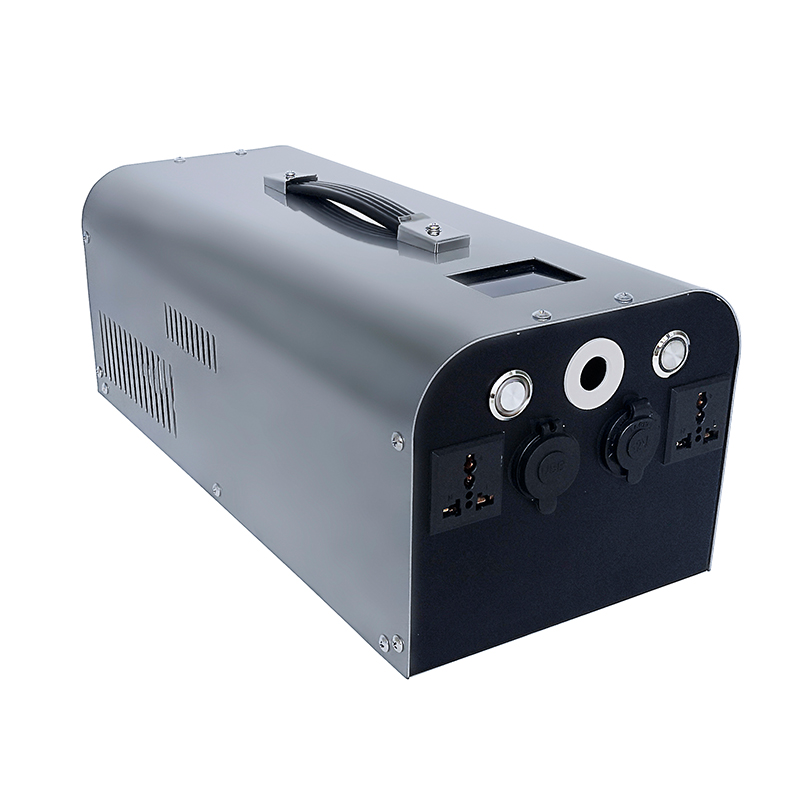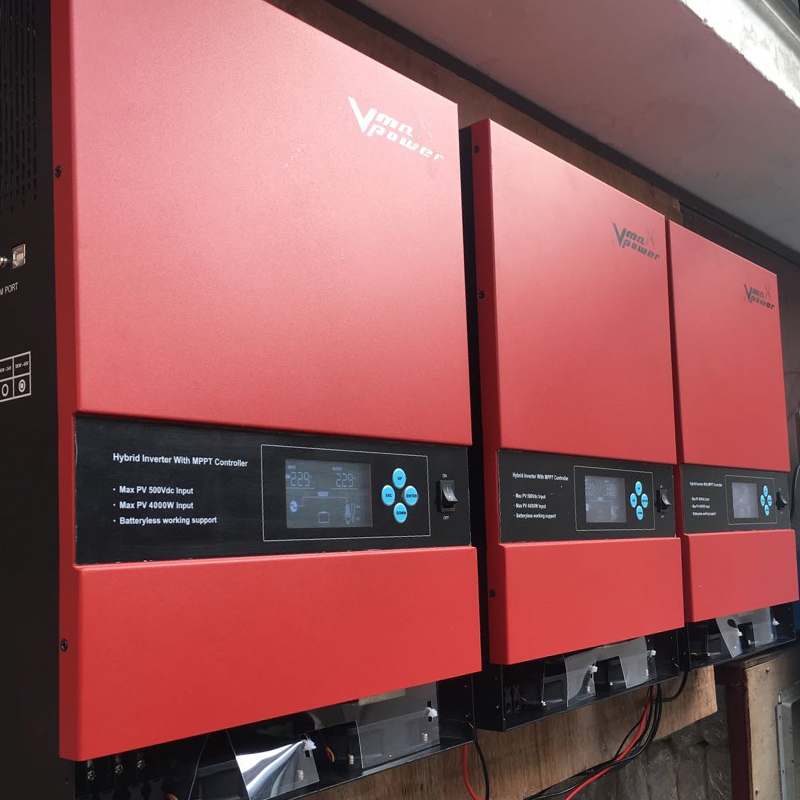Our expert, award-winning staff selects the products we cover and rigorously researches and tests our top picks. If you buy through our links, we may get a commission. Reviews ethics statement
Both batteries are different, but both are solid options for your home. Here's what you should know. Mono Crystalline Solar Cells

Tesla and SunPower are two of the most recognizable names in the solar industry. But which company's battery is best?
When shopping for solar panels, you might choose to install a solar battery to avoid power outages and expensive electricity bills. But with so many battery options available, how do you know which option is the best? It all comes down to your home's energy needs and what you're looking to accomplish with a battery install.
While neither are a bad pick, one battery takes a clear victory. The Tesla Powerwall 2 ranks higher than the SunPower SunVault on CNET's review of the best solar batteries, and the same holds true here as well. However, the SunVault still has its own strengths and better use-case situations. If you decide to buy SunPower solar panels for your home, the SunVault might be a better option.
Here's how the Tesla Powerwall 2 and SunPower SunVault rank when pitted against each other.
And the winner for "best warranty" goes to… both batteries! In fact, both the Powerwall and SunVault have extremely similar warranties.
Here's a breakdown of the details:
Both batteries are covered for 10 years, which is the industry standard. But what stands out with these batteries is their unlimited cycle warranty. Most manufacturers will add a cycle or throughput clause to their warranty. This essentially limits the number of times you can drain and recharge your battery while it's under warranty. Once you go over the designated cycle count (as stated in the warranty), your warranty expires, regardless of whether you hit the 10-year mark or not.
Tesla and SunPower are exceptions. Both Tesla and SunPower cover unlimited cycles on their battery warranties, meaning you can use your battery as much as you want without fear of your warranty ending before the 10-year mark. Tesla Powerwall batteries and the SunVault are the only solar batteries we've seen that cover unlimited cycles.
Both batteries also come with a 70% end-of-warranty capacity guarantee. This is essentially the manufacturer's promise that your battery will retain at least 70% of its original storage capacity when your warranty period ends.
Both batteries are nearly identical in terms of minimum capacity, with the Powerwall holding half a kilowatt hour more energy storage than the SunVault. But the biggest difference between the two is the way modularity is handled. The SunVault allows up between 13 kWh to 39 kWh of energy storage. Capacity is installed in the form of individual 6.5 kWh battery modules that are placed within a larger enclosure. This design makes it easier to upgrade your storage capacity in the future. The SunVault is sold as either a single unit or double unit. A single SunVault unit can hold 13 kWh or 19.5 kWh, and a double SunVault unit holds between 26 kWh and 39 kWh.
The Tesla Powerwall 2 only comes in one size (13.5 kWh). But size isn't the issue here. Since the Powerwall only comes in one size, any future capacity upgrades will be in 13.5 kWh increments, making capacity upgrades more difficult and expensive. While SunVault's capacity sizes are large, you'll be able to make capacity upgrades in much smaller increments.
You can install up to 10 Powerwalls for a total of 135 kWh of energy storage. Most homes won't need anywhere near this much capacity, but if you have the goal of living completely off-grid, this could be an option. For most homeowners though, the SunVault's modular design is likely the better option.
When comparing certain batteries, being average isn't such a bad thing. The Tesla Powerwall wins the performance and efficiency category by doing just that. Its round-trip efficiency and power output ratings are all just about industry average for a battery of its size. But it's depth of discharge is the highest it can be. The SunVault's round-trip efficiency and depth of discharge ratings fall below average, making the Powerwall a better choice for performance and efficiency.
In terms of power output, the SunVault's ratings are a bit higher.
The cost of a Tesla Powerwall 2 is estimated to be between $9,000 to $14,000. This is pretty standard for a 13.5 kWh battery. However, this estimate does not include the cost of installation, which usually costs somewhere between $2,000 to $3,000. At a minimum, you'll likely pay somewhere between $13,000 and $17,000.
The SunPower SunVault is sold as either a single unit or a double unit. A single unit holds between 13 kWh to 19.5 kWh, and costs between $16,000 to $20,000. A double SunVault unit holds between 26 kWh to 39 kWh, and has a starting price of $26,000. Both of these price ranges include the cost of installation, according to SunPower.
The Powerwall wins this category because you'll likely be paying less in the long run. But take this with a grain of salt. These prices are estimates. To get the most accurate price for your home, you need to get a quote from an installer. To get the best price possible, get quotes from multiple installers.
Both the Tesla Powerwall and SunPower SunVault are solid options. The best battery for your home depends on your home's energy needs.
If you're looking for a battery that's well-rounded in almost every aspect, with a fairly large capacity and at a decent price, the Tesla Powerwall is likely your better option. Its unlimited cycle warranty is a draw as well. It's also a good option for those looking to install a home battery backup without solar.
SunVault isn't the most efficient battery, and it's just a bit pricier than the Powerwall. But it does offer more modularity than the Powerwall, decent power output and an unlimited cycle warranty. Plus, it's manufactured and installed by a solar company with a proven track record. SunPower is known for having the most efficient solar panels on the market. If you choose to install SunPower solar panels, the SunVault might be an easier option for you.
However, there are far more battery options available than just the Powerwall and SunVault. When searching for installers, take a look at which batteries they carry. Installers usually carry more than one brand of battery. To get the best price possible, grab as many quotes as you can before making a final decision. A mix of quotes from national and local installers will give you the widest price variety.
Check out CNET's individual reviews of the Tesla Powerwall 2 and SunPower SunVault for more details.
Best Solar Products and Companies

Solar Racking System Living Off the Grid Series